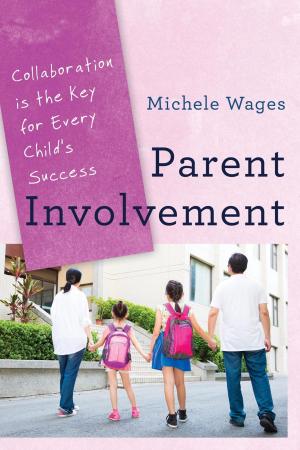Latino K-12 Schools
Redesigned for Student Success
Nonfiction, Reference & Language, Education & Teaching, Educational Theory, Multicultural Education| Author: | Leonard A. Valverde | ISBN: | 9781475806274 |
| Publisher: | Rowman & Littlefield Publishers | Publication: | August 26, 2014 |
| Imprint: | Rowman & Littlefield Publishers | Language: | English |
| Author: | Leonard A. Valverde |
| ISBN: | 9781475806274 |
| Publisher: | Rowman & Littlefield Publishers |
| Publication: | August 26, 2014 |
| Imprint: | Rowman & Littlefield Publishers |
| Language: | English |
This book is a comprehensive guide for educators and policy makers who are ready to create schools for Latinos (particularly Mexican Americans), such that students will be successful in learning and achieving in K-12 grades and college and help to advance society in the 21st century. The contents address how to redefine schools for a new century and goes well beyond school reform. It speaks to educators on adopting a positive mindset, one that sees Latinos with assets, not deficits and on expanding the school’s purpose to serve not just students but the local community. The author also emphasizes how to gain better understanding about Latino students and families, to lose stereotypic thinking, to engage families and local community resources in a more productive way, to gather information and help evaluate school/program effectiveness (and not just testing students on standardized test), and how schools can help themselves develop much needed financial and human resources.
This book is a comprehensive guide for educators and policy makers who are ready to create schools for Latinos (particularly Mexican Americans), such that students will be successful in learning and achieving in K-12 grades and college and help to advance society in the 21st century. The contents address how to redefine schools for a new century and goes well beyond school reform. It speaks to educators on adopting a positive mindset, one that sees Latinos with assets, not deficits and on expanding the school’s purpose to serve not just students but the local community. The author also emphasizes how to gain better understanding about Latino students and families, to lose stereotypic thinking, to engage families and local community resources in a more productive way, to gather information and help evaluate school/program effectiveness (and not just testing students on standardized test), and how schools can help themselves develop much needed financial and human resources.















